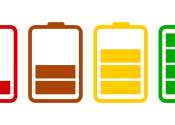New fabric could help keep you cool in the summer, even without A/C
Air conditioning and other space cooling methods account for about 10% of all electricity consumption in the U.S., according to the U.S. Energy Information Administration. Now, researchers reporting in ACS Applied Materials ...









